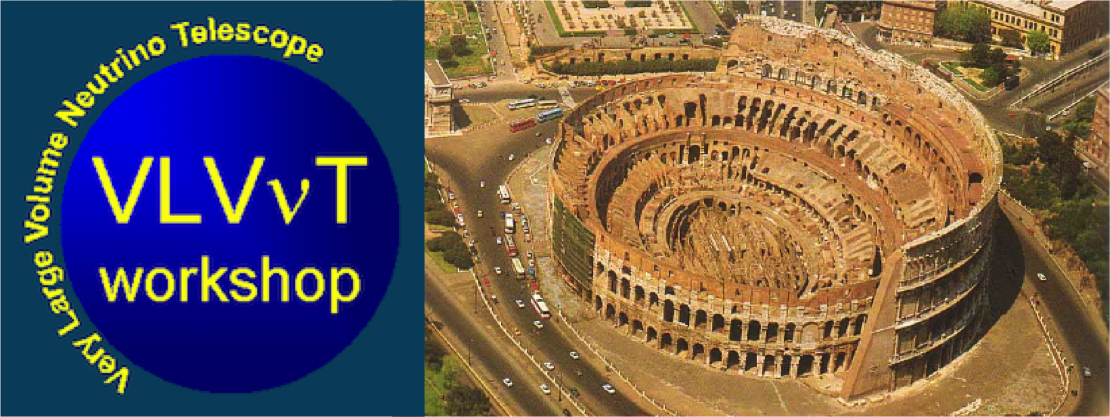Speaker
Miguel Ardid
(UPV)
Description
Underwater acoustic detection of ultra-high-energy neutrinos was proposed long time ago since a short bipolar pressure pulse with ‘pancake’ directivity is produced and propagated when this particle interacts with a nucleus in water. The idea is to build a telescope that consists of thousands of acoustic sensors deployed in deep-sea that will monitor hundreds of cubic kilometres of water looking for these signals and discriminating it from the acoustic noise. To study the feasibility of the technique it is critical to have a calibrator able to mimic the neutrino ‘signature’ that could be operated from a vessel. Due to the properties of the signal, axial-symmetry very directive short bipolar signal and the constraints of operating at Sea, the development of such a calibrator is very challenging. In this paper, we present the test results of the first compact array calibrator prototype that validated the possibility of using the acoustic parametric technique for this aim and describe the new design composed of an array of piezo ceramic tube transducers emitting in axial direction and new specific electronics adapted to the transducers to feed it more efficiently.
Author
Miguel Ardid
(UPV)
Co-authors
Alicia Herrero
(Universitat Politècnica de València)
Carlos D. Llorens
(Universitat Politècnica de València)
Dr
Francisco Camarena
(Universitat Politècnica de València)
Ivan Felis
(Universitat Politècnica de València)
Juan A. Martínez-Mora
(Universitat Politècnica de València)
María Saldaña Coscollar
(UPV)
